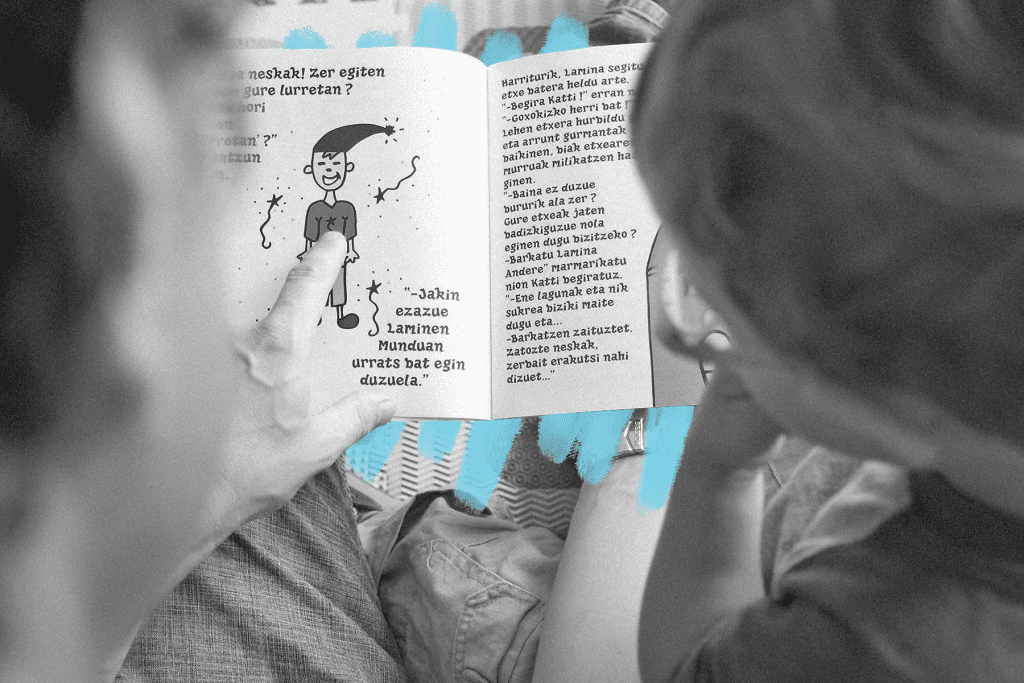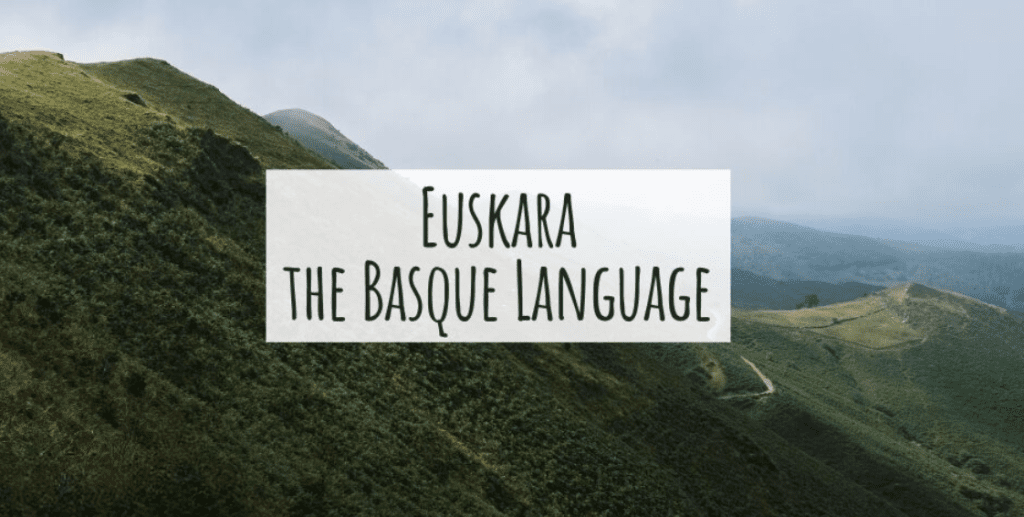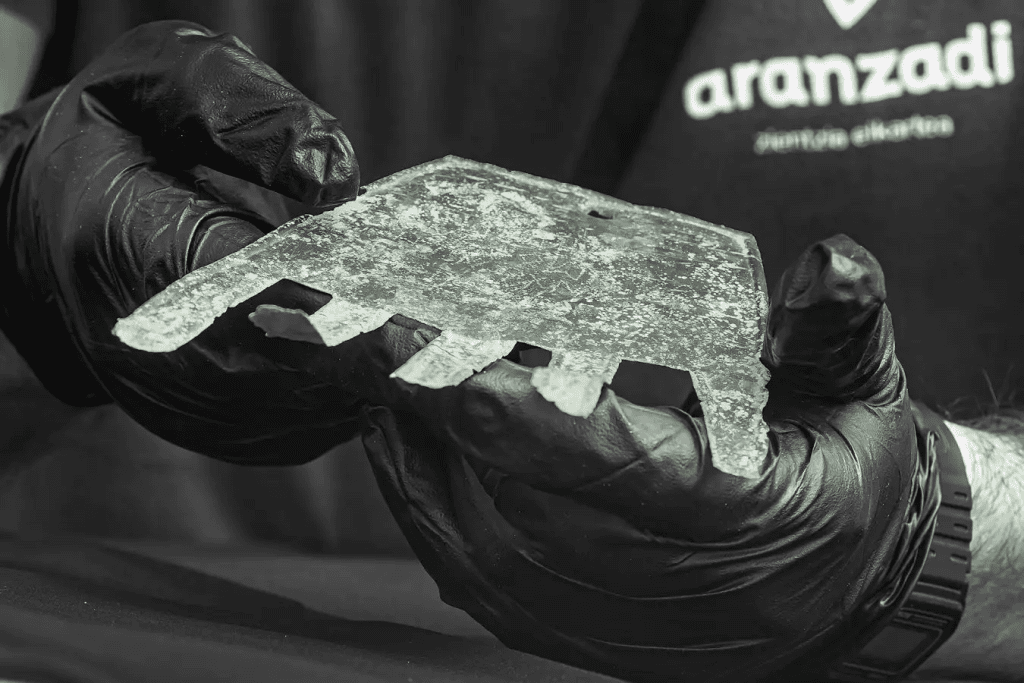Tucked deep in the valleys of the Pyrenees Mountains, a language has quietly survived centuries of change, war, and globalization. That language is Basque. While ancient tongues across Europe disappeared or evolved into modern dialects, Basque stood still. It remained unchanged in ways that still puzzle linguists and historians today.
Basque is not just another minority language. It is one of Europe’s most remarkable linguistic mysteries. Its story is not about expansion or conquest, but about quiet survival—one village, one family, and one generation at a time.

The Language Without Relatives
Known to its speakers as Euskara, the Basque language has no known relatives. It is not part of the Indo-European family, which includes English, French, Spanish, and nearly every other language in Europe. Basque stands entirely on its own.

This unique position has earned it the title of a language isolate. No other language, dead or alive, can be definitively linked to it. Despite centuries of research, linguists have yet to trace Euskara’s roots. It seems to have existed in Europe long before the arrival of Indo-European tribes making it possibly the oldest living language on the continent.
Video:
ANCIENT BASQUE LANGUAGE MYSTERY DEEPENS WITH DISCOVERY OF OLDEST WRITTEN EVIDENCE
A Safe Haven in the Pyrenees
The geography of the Basque Country played a key role in preserving the language. The Basque people settled in the rugged, mountainous region that stretches between what is now northern Spain and southwestern France. Isolated by cliffs, forests, and narrow valleys, they developed a culture and language that remained largely untouched by outside influence.
Over the centuries, as Roman legions, Visigothic kings, and Moorish armies moved through the Iberian Peninsula, the Basque people largely stayed out of the fray. Their mountains protected them not just from physical invasions but from cultural and linguistic assimilation as well.

Suppression and Survival
Basque has faced threats that went beyond nature. During the dictatorship of Francisco Franco in Spain from 1939 to 1975, the public use of Basque was outlawed. Schools were forced to teach only in Spanish. Basque newspapers, books, and broadcasts were banned. Speaking Euskara in public could result in punishment.
Yet the language refused to vanish. Families continued to speak it at home. Elders passed it down through storytelling and song. In private gatherings, Euskara lived on as a quiet act of resistance. When Franco’s regime ended and Spain transitioned to democracy, the Basque language resurfaced with strength and pride.

A Modern Revival
Today, the Basque language is experiencing a powerful revival. In the Spanish Basque Country, it is recognized as an official language alongside Spanish. Children grow up bilingual, learning Basque from the first day of school. Government signs, TV channels, and even smartphone apps now offer Basque as an option.
Cultural festivals celebrate Basque music, poetry, and dance. Universities offer degrees in Basque studies. Artists and writers are reintroducing the language to new generations through modern media and literature.
Video:
Across the border in France, the movement is slower but growing. Private schools and cultural organizations are working to revive Euskara in French Basque towns. With support from local communities and passionate activists, the language continues to gain ground.
A Story Older Than Europe
To hear Euskara spoken today is to hear echoes of a world long gone. Every word carries the memory of mountain shepherds, stone carvers, fishermen, and farmers who refused to let their culture be erased. The survival of the Basque language is not just a linguistic achievement it is a cultural miracle.
Basque tells a story older than Europe as we know it. It reminds us that language is more than communication. It is identity, history, and survival. While countless other languages faded into history, Basque endured.

Conclusion
In a globalized world where many ancient languages are disappearing, the story of Basque offers hope. It shows that with enough pride, resilience, and community support, even the oldest voices can find their place in the present.
The Basque language is not just preserved in books or museums it lives in conversations, classrooms, and hearts. Its story continues, rooted in the Pyrenees, whispering truths from a time before history was written.


